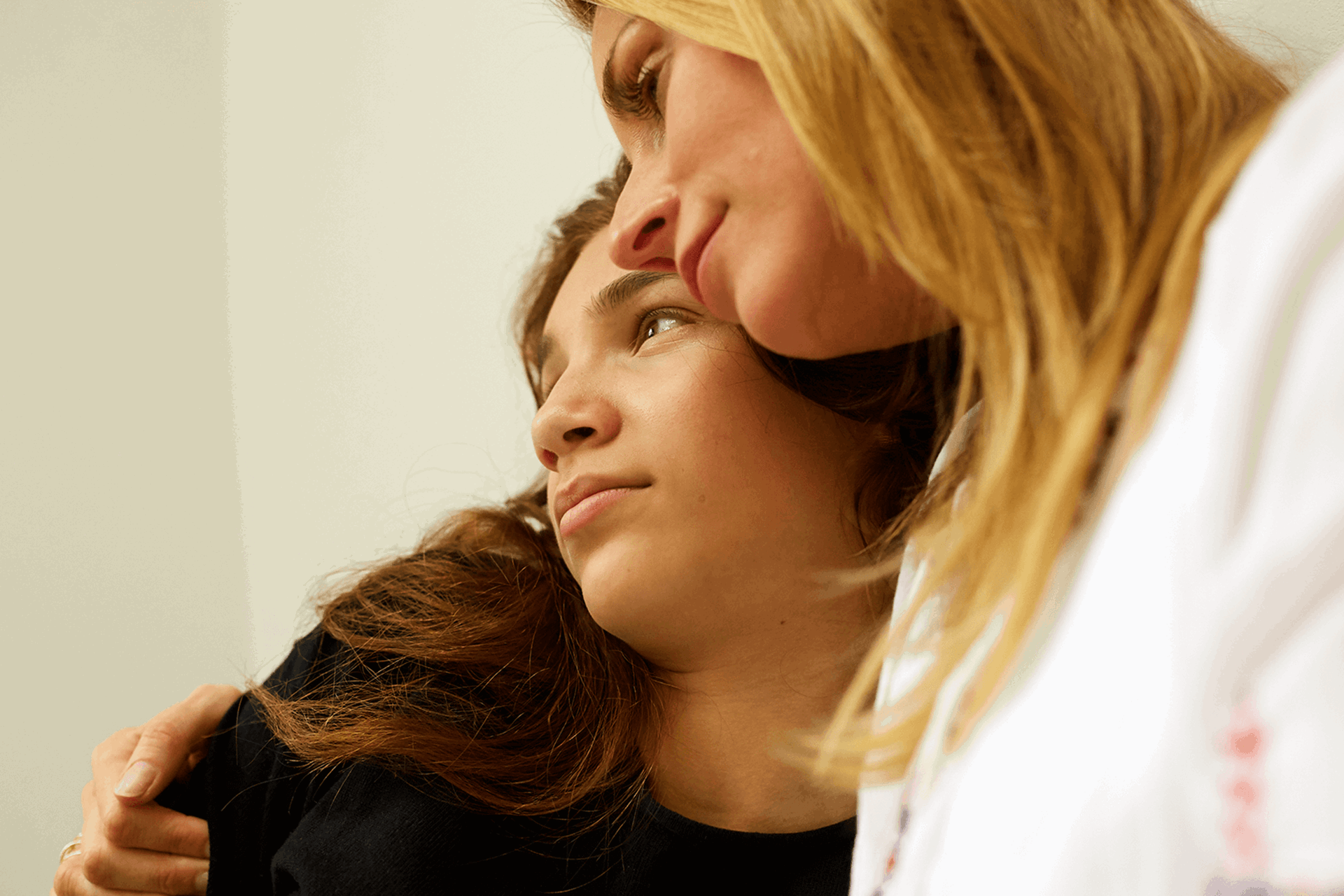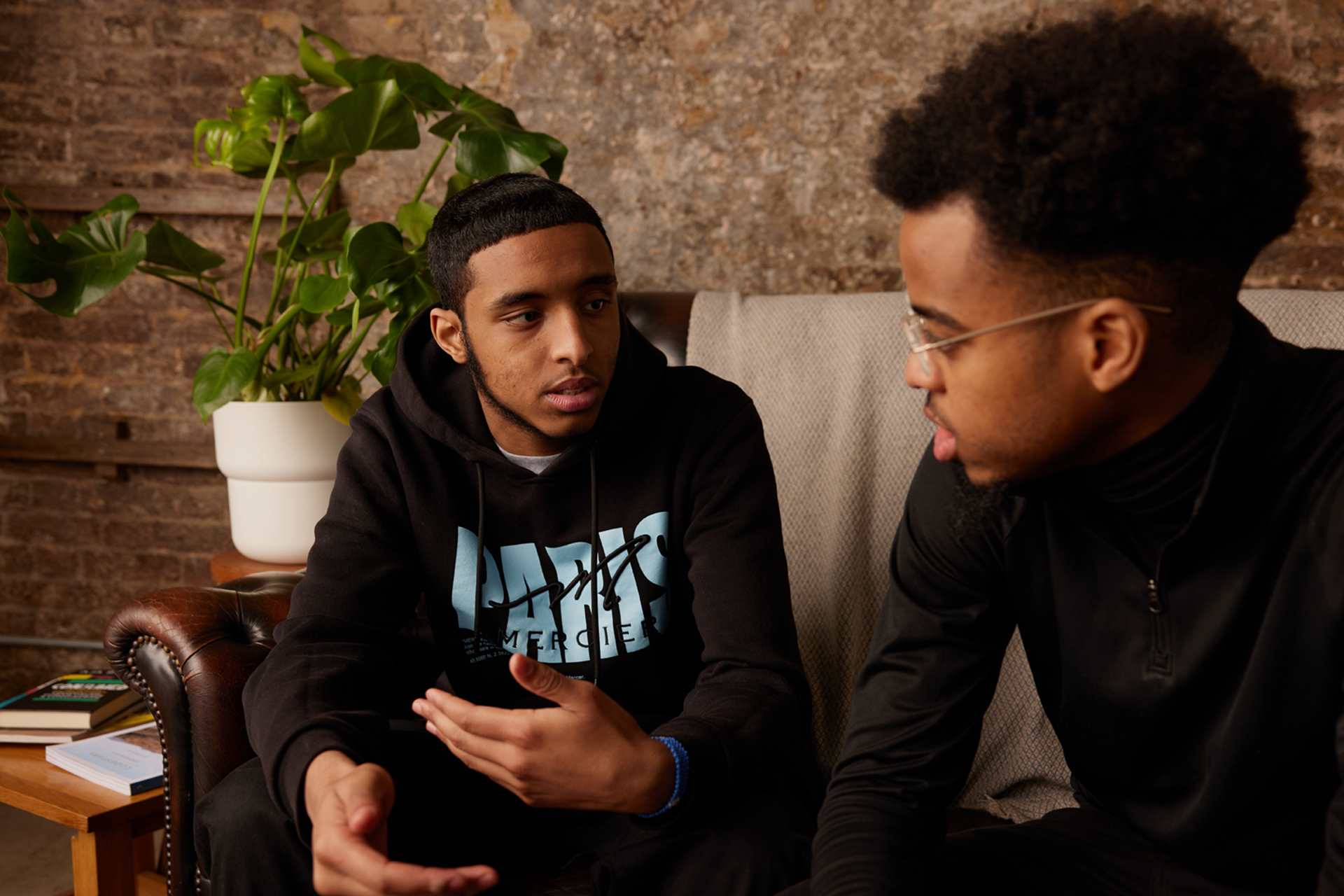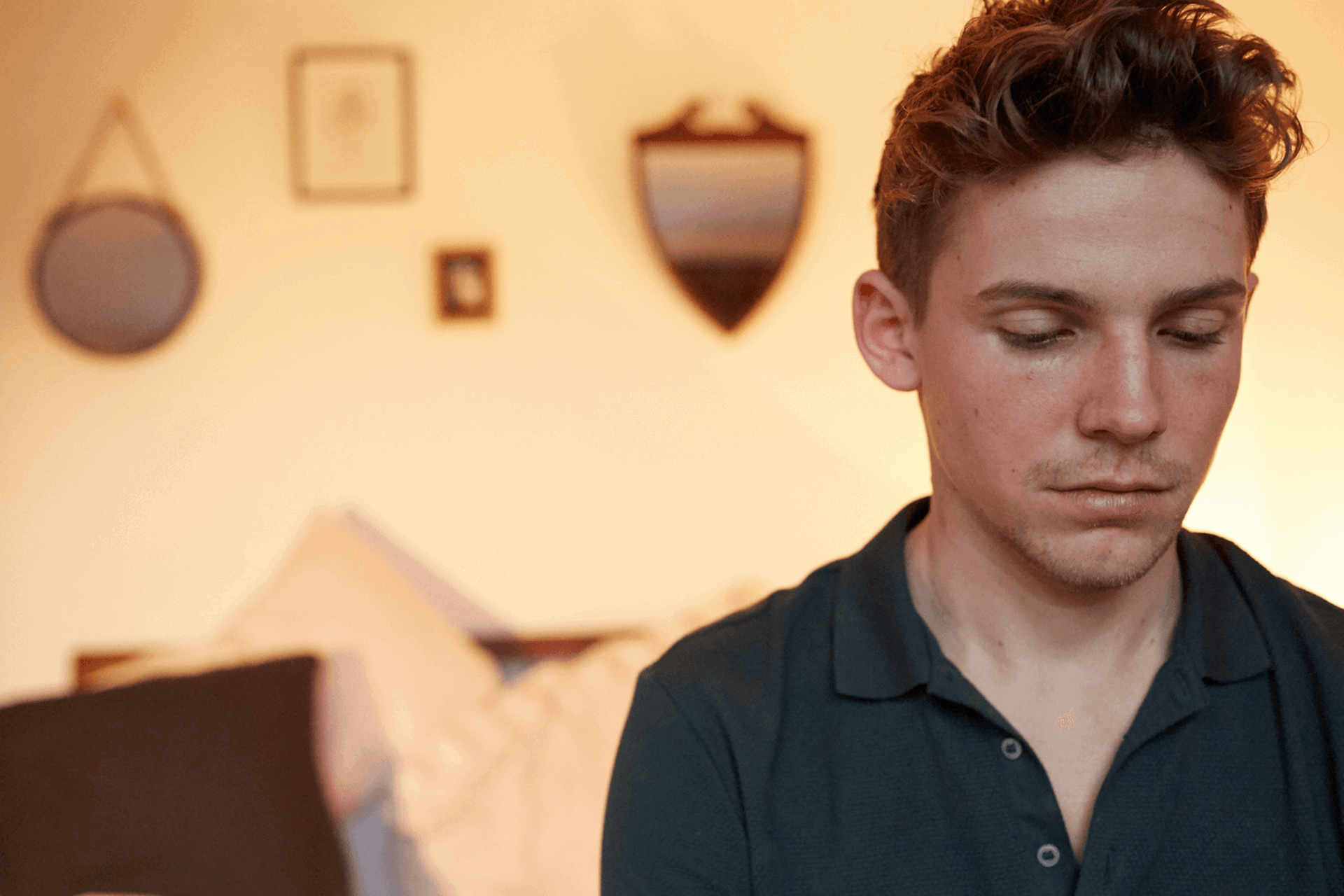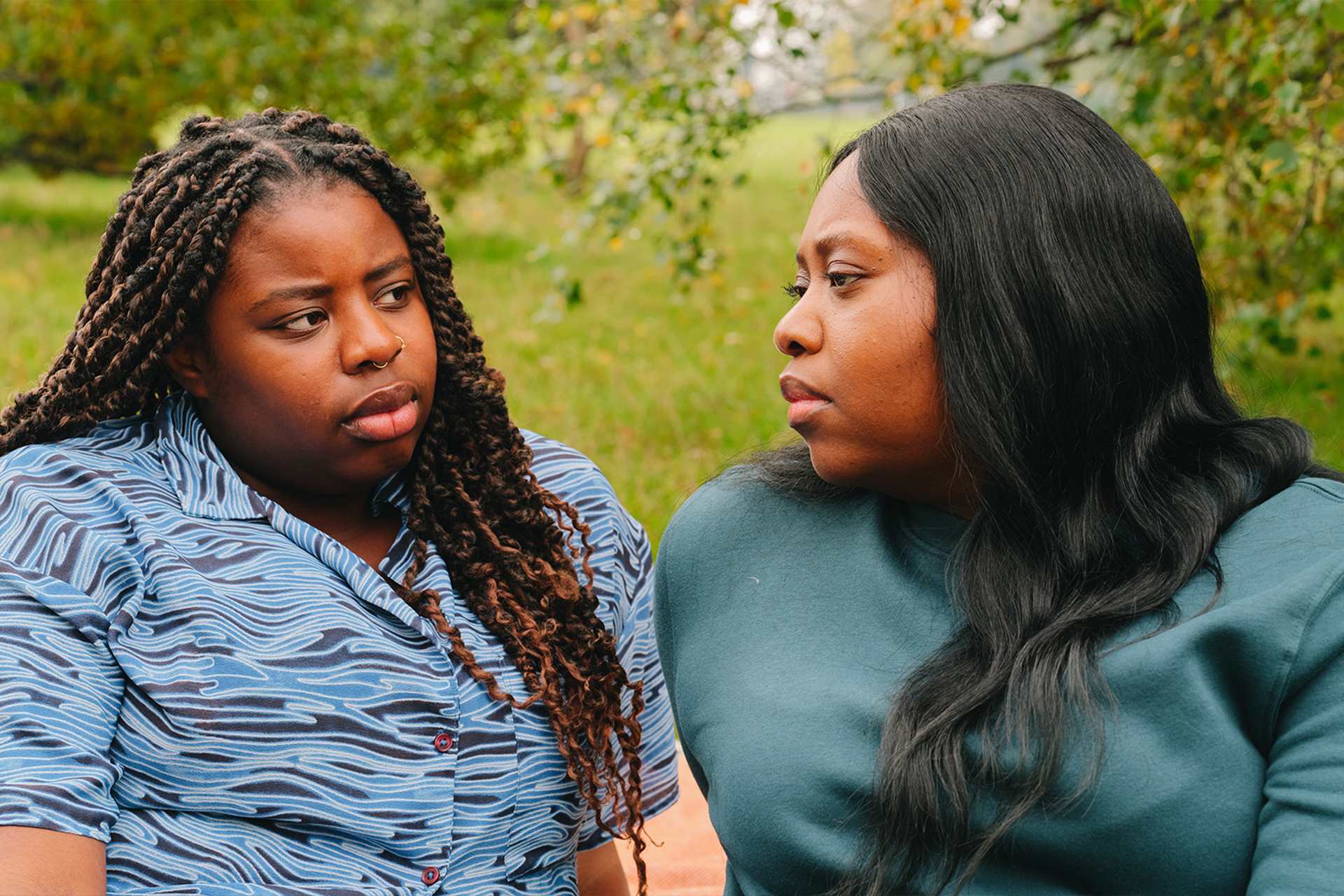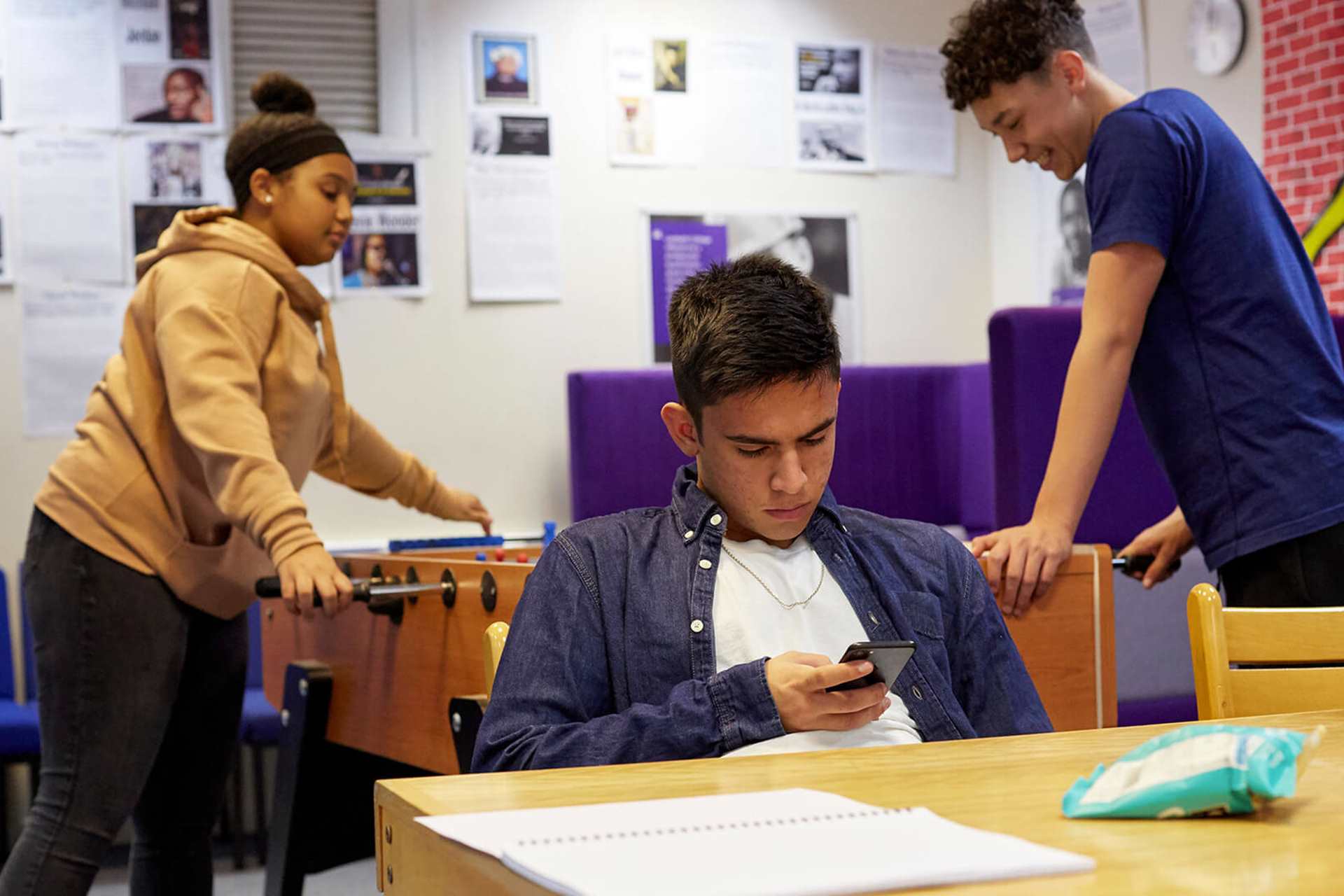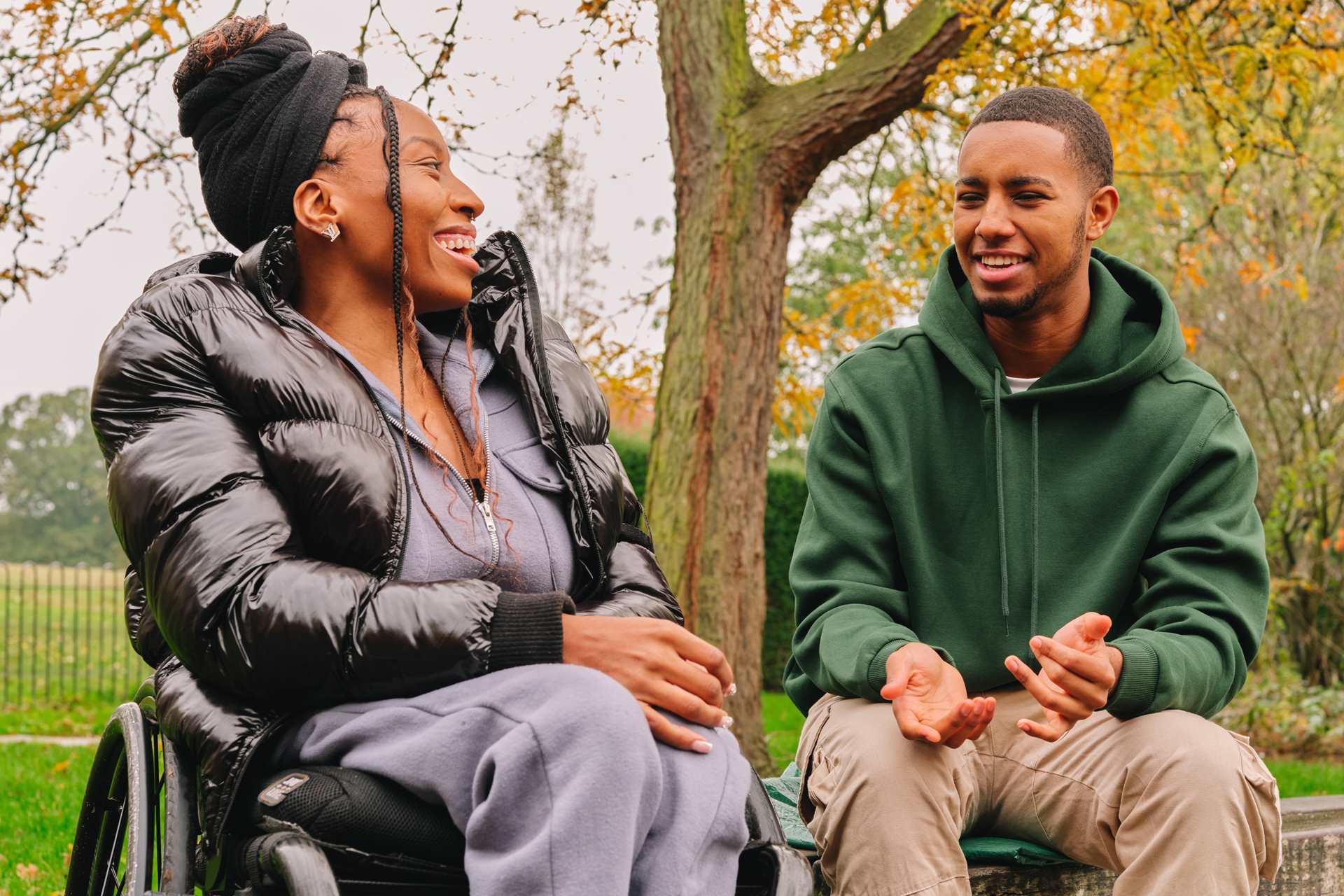What’s happening in Palestine and Israel is devastating, with children and their families experiencing unimaginable suffering and loss. We’re also hearing every day about the impact this is having on young people’s mental health in the UK. You might be feeling hopeless, anxious, frustrated and excluded from the decisions being made by those in power.
If you're being affected by what's happening, know that the feelings of anxiety or trauma you may be experiencing are valid. There are ways to find a sense of hope, community and power in times like these.
If you’ve been a victim of the frightening rise in hate-motivated attacks in the UK, know that hate has no place in the world, ever. There is no excuse for antisemitism, Islamophobia or any acts of racism and we stand by you in solidarity.
However you're feeling, there are people you can contact who can help. We also have guides and advice to support you.





